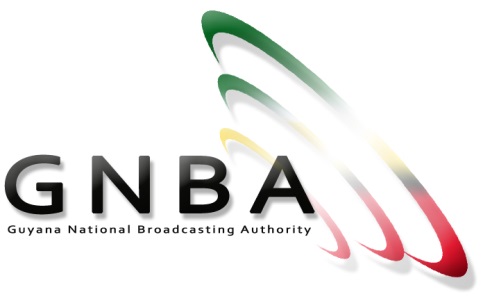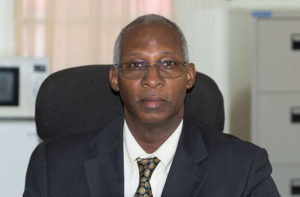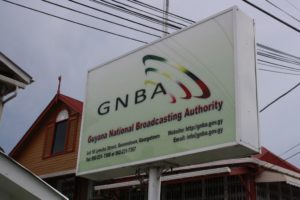GNBA gears up to roll out community radio
THE Guyana National Broadcasting Authority (GNBA) is set to operationalise its strategic plan for 2019 and National Awareness Campaign with the introduction and development of community radios. The areas targeted to launch a pilot project are Port Kaituma, Matthews Ridge, Essequibo Coast, Wakenaam, Leguan, Linden, Ituni, Kwakwani, Belladrum, Ithaca, Black Bush Polder, New Amsterdam, and Whim on the Corentyne. GNBA Chairman, Leslie Sobers, said while the National Communication Network (NCN) may have stations in the identified areas, it does not preclude the GNBA from establishing community radios there. According to the chairman, the use of community radios is a model that has been tried in several parts of the world and there is no reason it cannot be tried in Guyana “With Guyana being on the threshold of development, the agency sees it as opportune to introduce the concept of community development, and with it, we will be able to introduce how powerful broadcasting is.” “It has the tool of dissemination, it has the tool to forge public opinion, and too, is a tool to help persons to become aware of what’s happening in their community, the country, the region and the wider world,” he told reporters at a media briefing at his Lamaha Street, Georgetown office.
Sobers opined that the introduction of community radios will truly cause the broadcasting industry to blossom as it will allow for the development of broadcasting at the community level. Using the village of Belladrum, West Coast Berbice as an example, Sobers said a station established there can give coverage to an area of 15 to 20 miles. The community radios will be owned and managed by the community and not government. Residents can tune in to their own radio station and hear issues relating to and affecting their community. The Neighbourhood Development Councils (NDCs) can host talk shows to highlight, discuss and share solutions to issues affecting their communities. It is the belief of the GNBA that managers of community radios will also help to train individuals at the community level who have an interest in broadcasting.
They are free to air commercials at a cost, thus alleviating the need for persons from the community to travel to Georgetown to do so. Sobers also noted that the funds garnered from such ventures can be used to aid in the professional development of broadcasters, including the offering of scholarships to individuals in the community. Sobers emphasised that the concept of community radio does not have a narrow objective since it is being developed for community purposes and there is so much that can be developed through community broadcasting.
“In addition to the community radios being used to direct the young people in several different areas of endeavor, as youths love to hear themselves, it can help some youths to better understand peer pressure.“Inter-village soccer matches, the hosting of music-related shows featuring persons from within their own community and spotting persons with specific gifts, along with indigenous skills can all be highlighted through the community radio. “We believe that through that medium people will start to look within themselves, and within their respective communities for skill sets and talents that exist, and to a greater extent it will lend to a freedom of expression. It will aid in the development of persons who will then be willing to join national dialogues on things of interest since they would have developed a level of confidence,” Sobers said. However, he reminded that work at a community radio station will be voluntary. He also hinted that the agency intends to host in-house training sessions for broadcasters to help them improve their art.
Source: Guyana Chronicle




